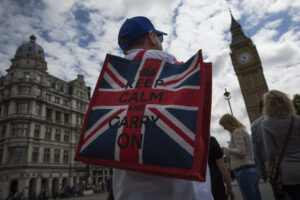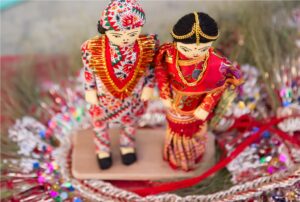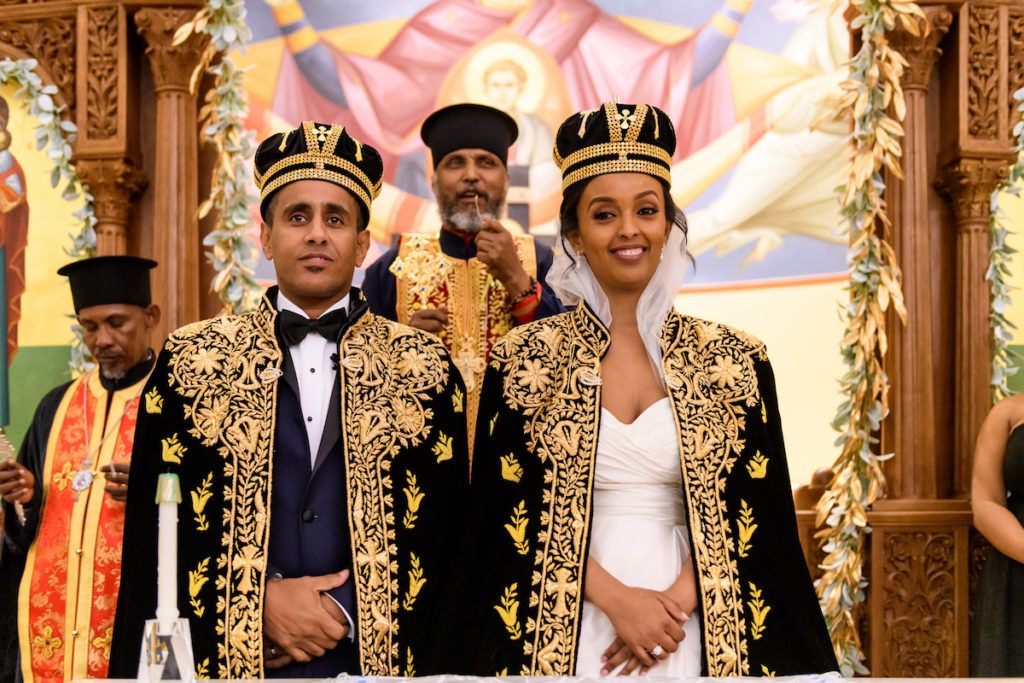When it comes to political culture in Nepal, there’s no denying that it’s a unique beast. Politics is more than just a hobby. It’s a way of life. People love to talk about politics, and they’re always up-to-date on the latest news. They know who the current prime minister is, and they have strong opinions about their performance. On the one hand, people seem to despise their politicians, complaining about corruption, incompetence, and a general lack of progress. But on the other hand, politics is the favourite pastime of many Nepalis, with discussions and debates about the latest political developments taking up a significant portion of their day.
One of the most striking things about Nepali politics is the level of public engagement. People of all ages and backgrounds are eager to discuss the latest political news and to share their opinions on the state of the country. This is in stark contrast to many other countries, where politics is seen as a boring or even dangerous subject. Nepalis can always find a way to turn it into a political debate. Whether it’s the price of rice, the state of the roads, or the latest scandal involving a politician, Nepalis are always ready to weigh in with their opinions.
It’s almost as if Nepalis have a love-hate relationship with their politicians. They dislike them, but they can’t seem to get enough of them. They talk about them all the time, even though they know that nothing is going to change. It’s like a dysfunctional relationship that they just can’t seem to break away from.
One of the most amusing aspects of Nepali politics is the constant changes in the prime minister. It’s almost like a game of musical chairs, with one prime minister getting ousted only to be replaced by another. It’s gotten so bad that even Siri and Alexa can’t keep track of who’s in charge.
Despite all of this, Nepalis seem to have a strange fascination with their politicians. They invite them to be the chief guest at all kinds of events, from business inaugurations to weddings. And when the politicians show up, they’re treated like royalty, with everyone eager to listen to their speeches and bask in their presence.
It’s almost as if Nepalis are embarrassed of their politicians, but they enjoy having them around anyway. They’re like the weird uncle that you can’t stand, but you invite him to every family function anyway because it wouldn’t be the same without him.
And let’s not forget the way that Nepalis view their political leaders. If you’re a follower of a particular political party, your leader is like a god to you. You’ll defend them no matter what, and you’ll view anyone who disagrees with you as an enemy.
It’s almost like a tribal mentality, with each group fiercely loyal to their own leader and ready to go to war with anyone who opposes them. It’s both fascinating and terrifying to watch.
In conclusion, Nepali politics is a strange and fascinating world. People dislike their politicians, but they can’t seem to get enough of them. They invite them to all kinds of events, treat them like royalty, and view them as god-like figures. And through it all, they still find the time to argue and debate about the latest political developments. It’s a never-ending cycle of love and hate, and it’s unlikely to change anytime soon.










